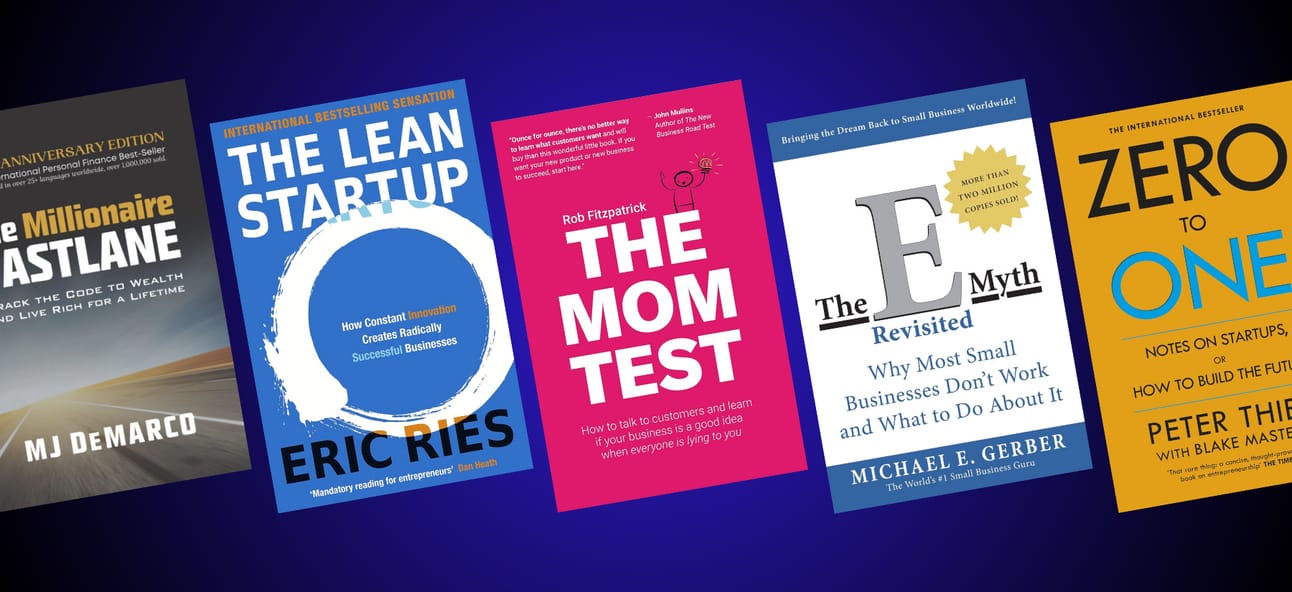🎯 Many people start a new skill or habit full of excitement — only to lose momentum when they have no one to share progress with.
Small talk in giant forums doesn’t keep you accountable, and finding like‑minded companions in the real world is harder than it should be.
This edition of Easy Startup Ideas details how to create a matchmaking platform that connects people into small, dedicated groups so they can learn faster, stay motivated, and actually reach their goals.
Featured Business - Beehiiv
Beehiiv is the #1 email newsletter platform, trusted by over 25,000 people.
They make it simple to design, automate, and analyze your emails—not to mention, you can earn income passively with their signature Boost feature!
Don’t miss out.
Advertise your business or website here.
Today’s Idea
A platform that matches users into small, dedicated groups (up to 10 people) who share the same self-improvement goal — whether it’s learning a language, reading a particular book, studying for an exam, or developing a new skill.
The focus is on meaningful conversation, accountability, and consistent progress, without the noise of massive online communities.
Available Domain: Groupd.co

Ideal Customer
Lifelong learners who want more than just passive reading or video tutorials — they want peer engagement.
Busy professionals looking for structured, intentional discussion instead of scattered online chatter.
Remote learners who feel isolated and want regular, small-scale interaction.
People pursuing niche goals that aren’t well represented in local meetups.

Why It Will Succeed
Small-group intimacy – Larger communities like Reddit and Discord are overwhelming and impersonal. Groups of 5–10 people create familiarity and a sense of commitment.
Purpose-built structure – Unlike generic chat tools, the platform integrates goal tracking, progress updates, and accountability directly into the group space.
Matchmaking algorithm – Matching based on skill level, timezone, communication preferences, and desired commitment makes the groups feel handpicked.
Retention via accountability – Being part of a small, dedicated group creates gentle peer pressure, reducing churn.
No direct competition with giants – The platform serves a clearly defined niche: small, curated, self-improvement groups, not giant, unmoderated discussion spaces.

Getting Started and Building an MVP
Core MVP features:
Onboarding quiz to collect user preferences and goals.
Automated matchmaking to form groups of up to 10 people.
Private group spaces with chat, file sharing, and goal-tracking widgets.
Weekly check-in prompts for accountability.
Tools & Resources:
First Steps:
Design the onboarding flow – Build the survey that collects users’ skill level, availability, and preferences.
Develop the matching logic – Simple rule-based pairing by skill and timezone.
Launch a minimal group chat – Could even be powered by a white-labeled solution like CometChat initially.
Beta test with a niche group – For example, “Beginner Python learners” or “People reading Atomic Habits.”
Iterate quickly – Use feedback to refine matchmaking and group management.

Required Reading for Aspiring Entrepreneurs
If you're serious about starting something — or growing what you've already got — these are the books that’ll actually help.
No gurus. No cringe. Just real takeaways.

Monetization Strategies
Freemium model – Free tier allows joining one group; paid tier allows multiple groups, priority matching, and extended history.
Premium accountability features – Personalized check-ins, progress tracking analytics, and skill certifications.
Sponsored challenges – Brands (language apps, book publishers, online courses) sponsor groups related to their content.
Affiliate partnerships – Recommend books, tools, and courses relevant to each group’s goal with affiliate links.
White-label for organizations – Sell the matchmaking and group accountability system to schools, coaching programs, or corporate training departments.

Marketing Strategies
Content marketing – Publish blog posts like “How to Find an Accountability Partner for Learning a Language” or “The Psychology of Small-Group Motivation.”
Influencer partnerships – Partner with YouTubers in learning and self-improvement spaces to host sponsored groups.
Niche seeding – Start with just a few high-demand topics (e.g., “Writing a Novel,” “Beginner Spanish,” “30-Day Fitness Challenge”) to ensure strong engagement before expanding.
Reddit and Facebook Group outreach – Offer free early access to existing communities interested in more structured interaction.
SEO targeting – Optimize for terms like “find study partners online” or “online accountability group.”

Expanding and Improving
Smart matching – AI-driven personality and communication style matching for better group chemistry.
Skill milestone tracking – Users log progress, receive automated encouragement, and unlock achievement badges.
Integrated learning resources – Curate recommended videos, readings, or exercises for each group topic.
Cross-group events – Monthly virtual events where different groups can mingle and share progress.
Mobile app – Push notifications for accountability prompts and quick check-ins.

Thanks for checking out another edition of Easy Startup Ideas!
If you have any comments or suggestions on how to improve this newsletter, please let us know by commenting below.
As an Amazon Associate and affiliate of various partnership programs, the owner of this publication may receive commissions to linked products or services in this newsletter at no additional expense to the reader.

